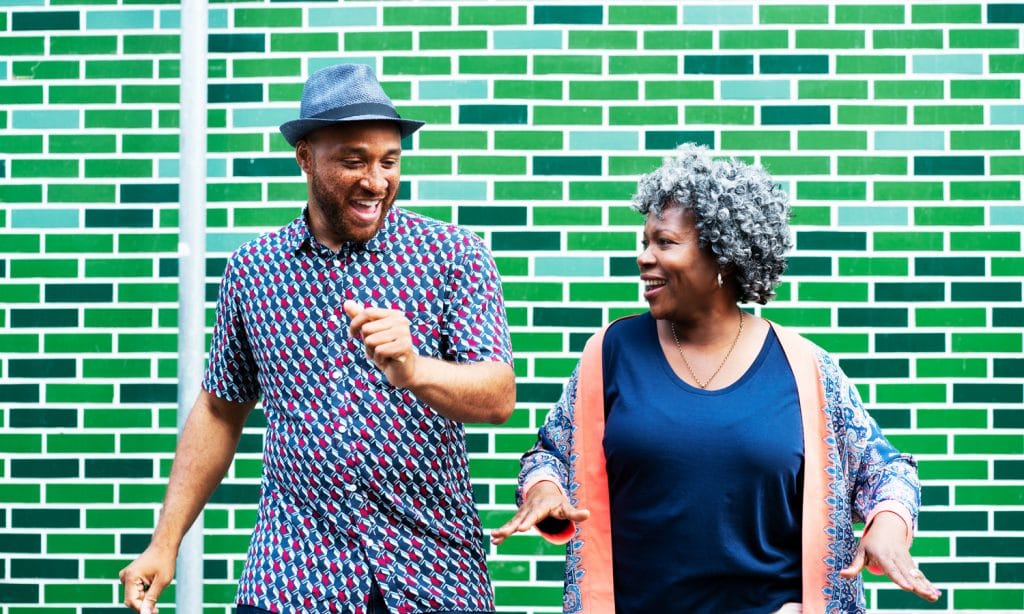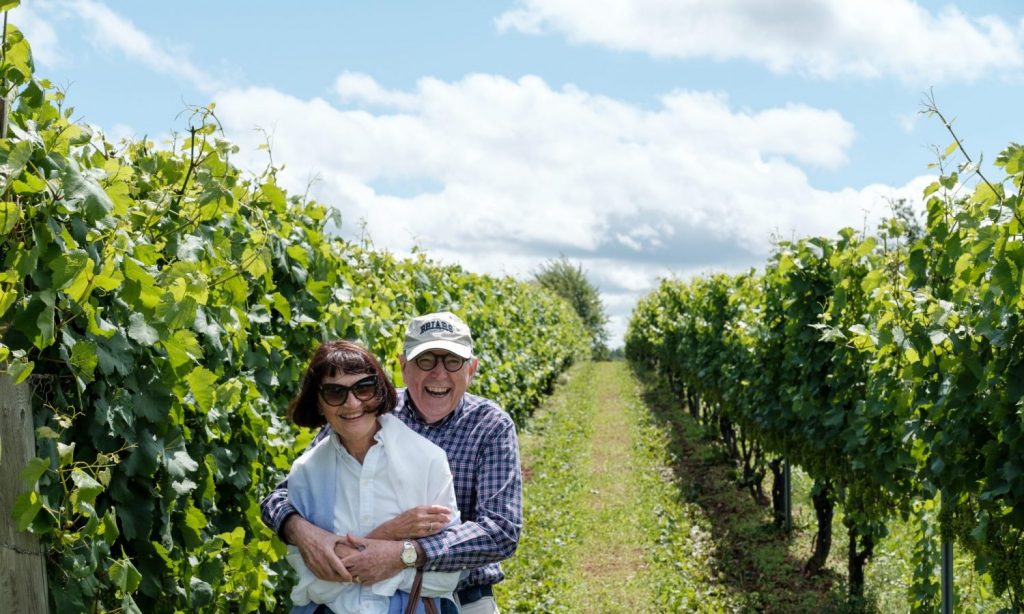
Seniors want to try marijuana for pain
The misconceptions about cannabis that emerged in the 1930s led to massive stigmatization of the herbal drug. This stigma still exists today, especially among the population of these generations. Seniors want to try marijuana for pain, but the misconceptions of the past prevent them from relieving the pain of today. The American Medical Association recognizes that medical marijuana can help patients.
At least 40% of Americans over the age of 65 suffer from various types of pain. For some the pain only occurs for a short time, for others the pain persists.
Among seniors over the age of 80, approximately 75% suffer from chronic pain, particularly in assisted living facilities such as nursing homes.
Photo from rawpixel.com
Many patients suffer from hip and knee pain, insomnia, cancer and other serious illnesses. Some also recover after major surgery and experience ongoing pain. Analgesics do little to relieve pain when taken continuously, and people have certainly used the drugs continuously throughout their long, rich lives.
It is time for seniors and their guardians and caregivers to learn about the therapeutic benefits of cannabis plants.
Seniors and cannabis stigma
When cannabis prohibition began in the 1930s, today’s seniors were still children. From the beginning of their lives it was clear to them that cannabis was a social evil. This lasted until the middle of the 20th century, when they also conveyed the same messages to their children.
The government portrayed cannabis as a social evil that should not be tolerated, and for these seniors, it continues to be a social evil.
Yes, they may have heard the news about cannabis decriminalization in their state of residence, but still consider it an illegal substance. In a Gallup poll conducted a few weeks ago, fewer than 19% of Americans over 75 said they had tried to use cannabis at some point in their lives. The acceptance of the drug in this group is so low.
Children born in the 1960s took many steps to enroll in medical marijuana programs. Quite a few of these “big people” discreetly bring up marijuana-related issues as if they feel they are still breaking the law.
RELATED: OK, Boomers: Marijuana use among older adults is on the rise
Cannabis stigma is worse among older Americans who are also people of color. They experienced traumatizing episodes due to the war on drugs and have been disadvantaged ever since. For most of these seniors, the mind is conditioned to believe that destruction follows cannabis use.
American seniors earn more
No one – young or old – deserves to suffer from chronic pain, especially when effective medical cannabis medications are approved to treat such conditions.
Older adults, who deserve every comfort in this final phase of their lives, are conditioned by their experiences many years ago to remain silent, even in an epidemic of chronic pain.
 Photo by Tim Robberts/Getty Images
Photo by Tim Robberts/Getty Images
Aging itself comes with varying degrees of pain, exacerbated by social isolation, insomnia, dementia, disability and even depression. The current data on older adults refusing medical marijuana treatment is troubling. Because they choose to stay in pain instead of seeking relief.
Dealing with the crisis
Had these older adults tolerated NSAIDs, the silent crisis may not have been as severe. Drugs such as paracetamol, naproxen and ibuprofen have strong side effects on the organs of older people. Many who can resist opioids have done so. However, opioids are not enough to solve the problem, not to mention the associated high risk of addiction.
Now is the time for medical marijuana programs to spread information about the benefits of herbal medicines like cannabis to the older generation. Caregivers should also be educated about the non-addictive effects of cannabinoids.
Solving cannabis propaganda, stigma and prohibition
Such medical obstacles should no longer exist at the moment. The fear mongering and propaganda that these American seniors were exposed to at the time is seriously preventing them from accessing what they need most.
The federal ban on cannabis is one of the factors that leads these older people to believe that cannabis use is likely to harm them. It reaffirms her lifelong belief that cannabis continues to pose a threat to public safety. These old people cannot be blamed for being wary of herbal medicines because of their beliefs.
 Photo by Tyler Farmer via Unsplash
Photo by Tyler Farmer via Unsplash
Hillary Lum, a pediatrician and associate professor at the University of Colorado School of Medicine, said many of these seniors are afraid and sometimes embarrassed about asking about cannabis. In a survey conducted by Lum and published in 2019, “30% of older adults did not respond to the question of whether or not they used medical marijuana,” Lum said. “If people are uncomfortable doing an anonymous survey, they may also be uncomfortable telling their doctor. This could have an impact on their health.”
RELATED: 6 Ways Cannabis Can Improve Seniors’ Lives
Older Americans can first be introduced to the wonders of CBD instead of cannabis. Many may be interested in trying CBD to relieve their symptoms. Health authorities must provide these residents with expert medical advice at all times. Ensuring safety and access to the medication also needs to be made hassle-free to encourage these seniors to opt for the treatment.
More cannabis research
Medical professionals sometimes complain that they are unable to recommend cannabis medications due to the paucity of clinical research in the field.
Even in states that have legalized the medical use of cannabis, doctors have not been fully informed about the effects and risks of cannabis use. For this reason, most of these doctors refuse to prescribe medical cannabis to patients with serious illnesses.
RELATED: We don’t talk enough about cannabis and its effects on older people’s sex
An example is Texas. The state has over 43,000 physicians and only 150 are registered members of the medical cannabis program. There is no easy way for an uninformed doctor to convince an elderly person that herbal medications can be an effective treatment.
Federal decriminalization of cannabis will be the most effective way to convince older adults and their caregivers that cannabis is the best choice for relief. Healthcare providers, journalists, celebrities, family members, caregivers and older Americans need to talk about the benefits of cannabis as a reliable pain reliever for Americans. This could encourage governments to reduce barriers.

Post a comment: